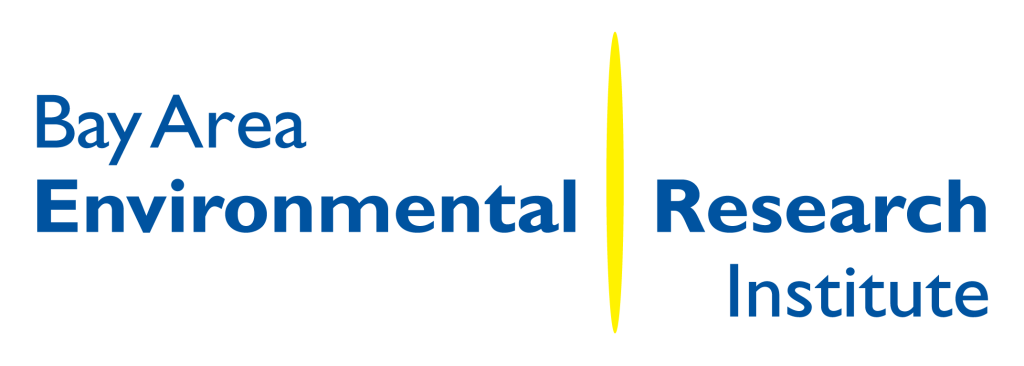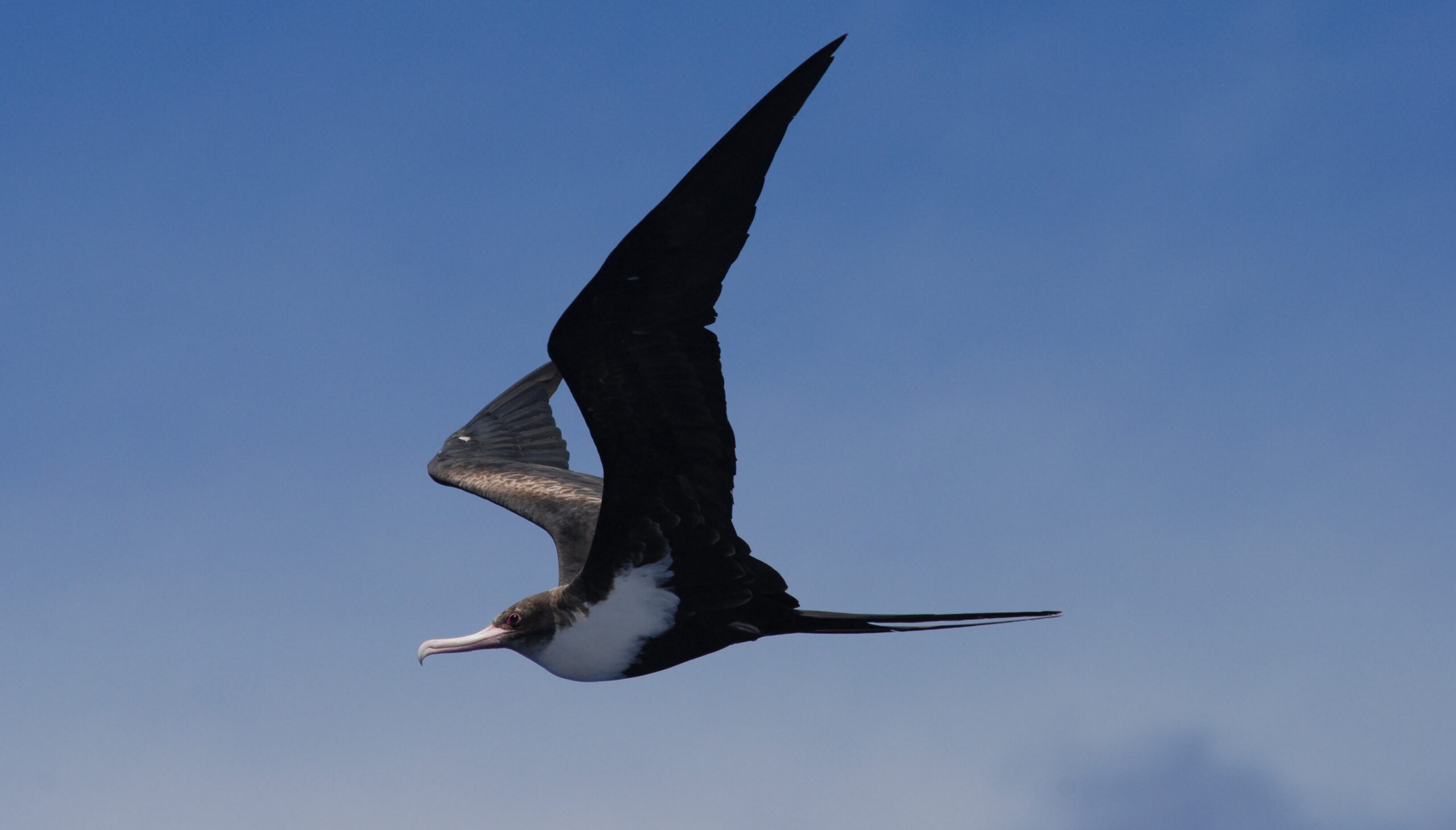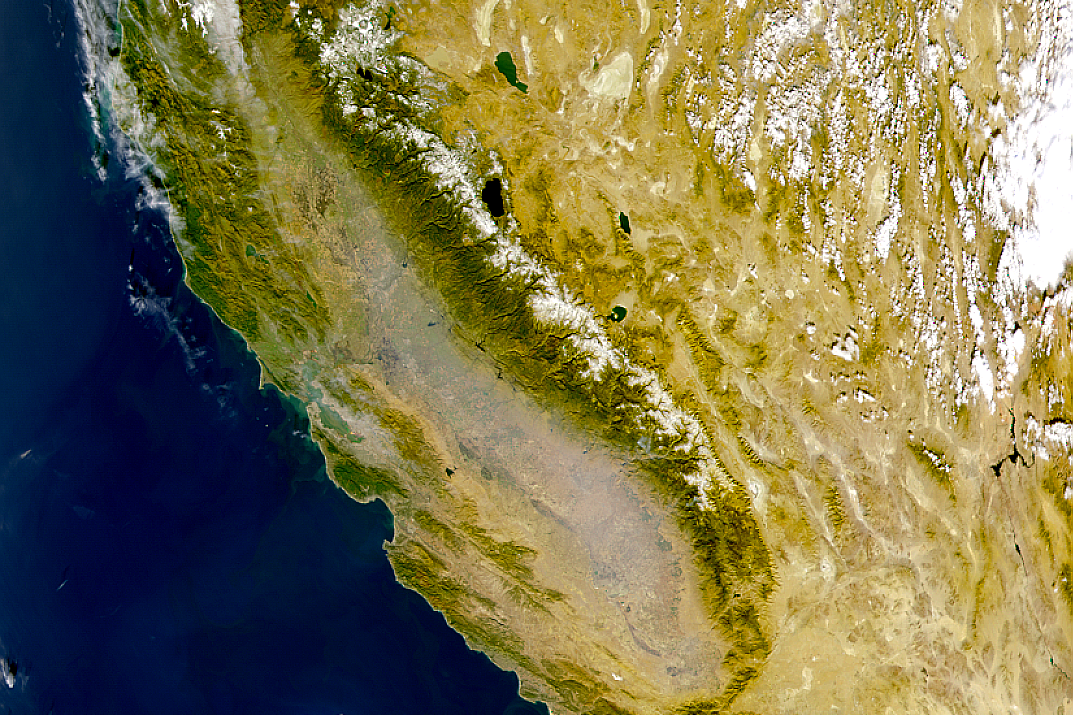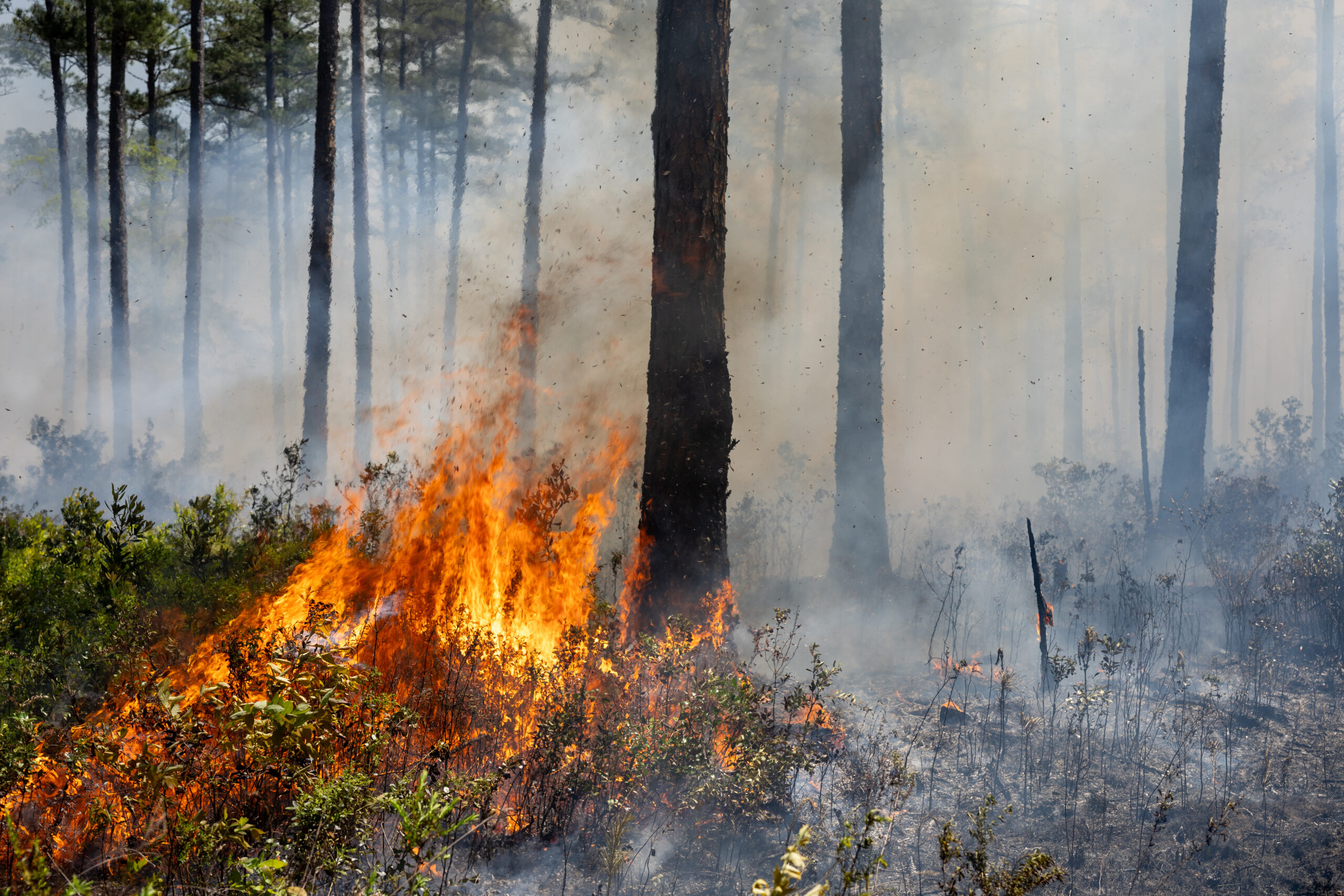By Jane Berg and Tamara Enz June 6, 2025 What is the Internet of Animals? For…
Researchers Jennifer Kenworthy and Kristina Pistone receive 2022 NASA Ames Honors Awards
BAER Institute researchers Jennifer Kenworthy and Kristina Pistone were awarded NASA Ames Honors Awards earlier this month. Kenworthy is being recognized for “outstanding support to the entire Earth Science Division as researchers return to Ames and field deployments internationally, while 50% of support staff were out on extended leave.” Pistone is recognized for “exceptional commitment to teamwork and equity by creating a welcoming, inclusive environment on field campaigns, while maintaining scientific rigor and mentoring the next generation.”
You can read Ames Earth Science Division Chief Florian Schwandner’s full comments below.
Congratulations, Jennifer and Kristina!
“For many years Jennifer Kenworthy has cheerfully supplied necessary operations support to the Biospheric Sciences Branch in Ames Earth Science Division. She is also a supervisor within BAERI (Bay Area Environmental Research Institute), where she openly shares knowledge and best organizational practices both within her team and externally. As if that were not enough, she has been instrumental in helping BAERI HR with new employee onboarding in IdMAX.
During these past years of life under the pandemic framework, challenges abounded just to complete routine tasks. We all needed to overcome a variety of hurdles while mandatory teleworking requirements were in place, both technical and interpersonal. It was within this setting that Ms. Kenworthy increased her workload at least 3-fold by adding the support responsibilities of two other staff, who were out on extended medical leave. She picked up these extra tasks without complaining, even though it required Jennifer to work long hours and often on weekends, all while successfully navigating the challenges presented by the necessity of working from home, with evolving procedures, and new SG civil servant management.
Ms. Kenworthy works to perform all support at the highest level, while maintaining a professional, respectful demeanor. Her organizational skills regarding the gathering of scientific highlights and answering process-specific questions (making certain she had validated the timely accuracy of her advice), has kept researchers on schedule even while being inundated with requests. During this time, SG personnel travelled to Asia, Africa, Europe and South America, all made possible with support by Ms. Kenworthy.
And, somehow, she remained positive and cheerful during this extended period of high pressure. I can only attribute this to her personal integrity, coupled with her dedication to support the Earth Science personnel, regardless of whether they are contractors or civil servants. Ms. Kenworthy’s positive attitude, in the face of mountains of very detailed duties, has spread across the Earth Science Division, acting as an inspiration for us to stay positive while achieving our missions.”
“Dr. Kristina Pistone is an atmospheric scientist with a passion for discovery, knowledge, science communication, and social justice. She is dedicated to public and educational outreach and goes above and beyond to continuously perfect her technical skills, interactions with students at all levels, and science communication proficiency.
In October 2021, Kristina stepped up to fill a gap as the Acting Program Manager of the Student Airborne Science Activation Program (SaSa), which includes several focused-learning modules for highly motivated early-career undergraduates from Minority Serving Institutions. SaSa is a multi-institute program offering hands-on science experiences including flying onboard the NASA P-3 research aircraft to collect land, ocean, and atmospheric measurements.
Kristina provided planning, leadership, and implementation for curriculum development, student recruitment, and applicant evaluation. She brings her own passion for inclusion and equity to each task, resulting in numerous initiatives that built a foundation for the success of the undergraduate students who participated in SaSa this Summer. She coordinated the Unlearning Racism in Geosciences team at the NASA Ames last year, and she has used this awareness to develop community, social, and confidence-building activities to supplement the scientific program of SaSa and foster development of a supportive “STEM Identity” among the participants.
Kristina dedicated a significant amount of her time and energy to the construction of a rigorous, evidence- and pedagogy-based program schedule, scaffolded by learning goals. She has established a robust and diverse Professional Development Speaker Series that will expose the students to a wide variety of careers in STEM fields. And she is developing a JEDI (Justice, Equity, Diversity, and Inclusion) workshop and an awareness-based Field Safety Plan to provide resources and set expectations for undergraduates to have a productive research experience, foster healthy mentoring relationships, and cultivate a safe field and airborne science campaign.
Kristina’s efforts in support of the professional development of the students parallel her contributions to the technical implementation of the airborne sensors, research project development, and data set activities of SaSa. She is also a key contributing member of the Sunphotometer Satellite group, which has held a prominent role in NASA’s atmospheric science field campaigns for several decades. Sun photometry, the theory and methods that quantify the total suspended aerosol in the atmospheric air column, is one of the most-valued core capabilities that Ames Earth science delivers in response to Agency goals.
She could have merely accomplished the technical and programmatic tasks asked of her, but rather she poured her energy into viewing and implementing those tasks through the constant lens of broadening the participation and retention in STEM fields of under-represented and under-served learners.
Outside her role with SaSa, Kristina never ceases to view the world, and the sciences in particular, through a lens of equity and justice. She brings this to every project and every task she touches, whether that is cultivating a diverse while technically rigorous Earth Science seminar series or reminding our branch members that all our field work is done in communities of people who may have different experiences from our own and often on lands with indigenous history and peoples of which we are often ignorant. She always champions the added value of diverse contributions, and she helps keep our branch cognizant of our responsibility to actively improve the culture of the STEM fields. She fully embodies the Science Mission Directorate Core Values of Inclusion, Teamwork, and Leadership, having dedicated long hours ensuring SaSa’s first summer with students will be a success, along with her commitment to building an inclusive, diverse environment.”



